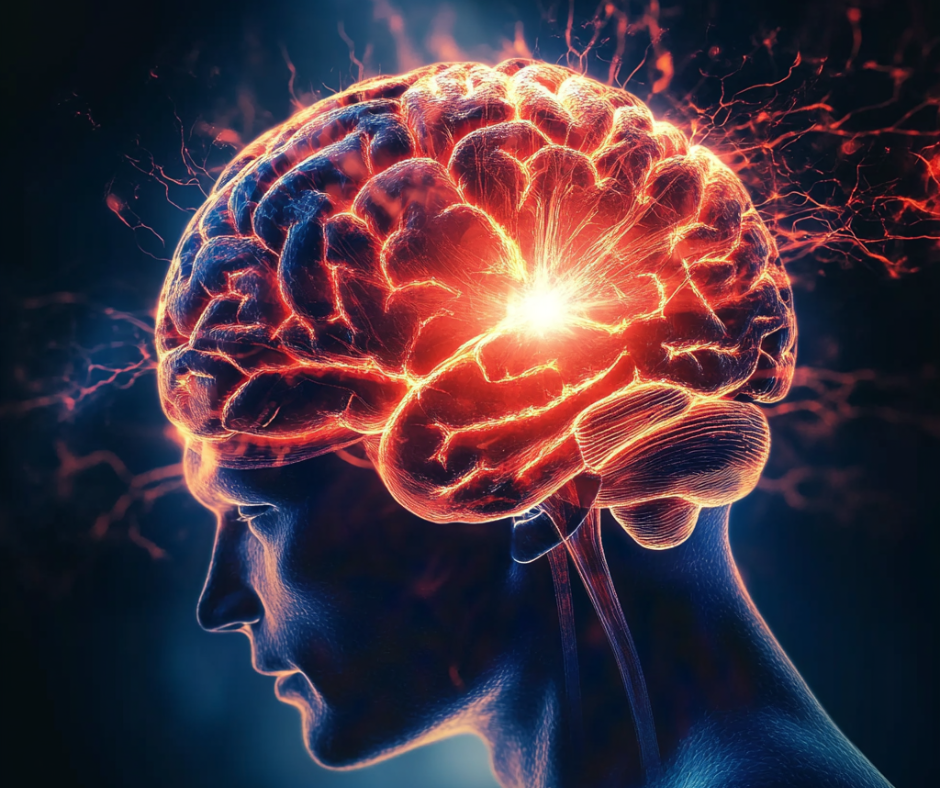The Psychology of Brain Injuries:
Coping with Traumatic Brain Injuries

TBIs affect around 1.5 million people in the US each year. A traumatic brain injury is usually caused by an external force such as a blow or jolt to the head. TBIs can result in significant impairments in cognitive, behavioral, and physical functioning. From a psychological standpoint, coping with the after-effects of a TBI can be extremely challenging.
Understanding TBI
The initial injury to the brain occurs during the traumatic event, such as a car accident or sports injury. But the damage continues hours after the event due to complex cellular processes and changes in brain chemistry. The long-term physical, cognitive, and emotional effects of TBI will depend on the severity and location of the injury. Common effects include impairments in memory, attention, processing speed, and executive functioning.
TBI patients often suffer personality changes such as increased irritability, impulsivity, aggression, and acting without concern for consequences. These changes place huge strain on family relationships. Additionally, TBI patients are at increased risk for depression, anxiety, and substance abuse.
Cognitive Testing
Cognitive testing is commonly used to evaluate brain function after a head injury or neurological illness. Results are compared to normative data to determine if deficits exist. Neuropsychological testing can localize damage and differentiate between cortical vs subcortical dementia. It provides objective data about a patient's cognitive status and guides rehabilitation efforts. Cognitive tests are thus a critical tool for determining the presence and extent of brain damage.
Coping Strategies for TBI Patients
Cognitive and behavioral therapies are vital for helping TBI patients and their families develop coping strategies and adjust to living with their new limitations. Cognitive rehabilitation aims to improve and restore cognitive functions through repetitive memory drills and compensatory strategy training. Counseling helps patients adjust expectations, set meaningful goals, and rebuild a sense of identity.
Joining a support group can provide emotional healing through sharing struggles and successes with others experiencing similar challenges. Support groups can also supply practical advice for coping with cognitive impairments at work or home. Family counseling equips caregivers with tools for managing their loved one’s behavioral problems in a healthy way.
Long-Term Outcomes
With neuroplasticity, patients can continue making cognitive gains years after their injury through regular psychotherapy and cognitive training. However, the brain does not entirely bounce back from trauma. Most patients are left with lifelong disabilities.
Acceptance is an important part of psychological recovery. TBI patients must grieve the loss of their pre-injury functioning and eventually accept a “new normal.” This acceptance is linked with reduced depression and greater life satisfaction.
Still, accepting one’s limitations does not mean giving up. With continued rehabilitation and support, many TBI patients can lead happy and fulfilling lives. They can return to work or school, maintain close relationships, and find purpose and meaning in their lives post-injury.
Coping psychologically with a traumatic brain injury requires tremendous resilience. With the aid of cognitive therapies, counseling, support groups, and family assistance, patients can overcome emotional trauma and build a satisfying life. Though disabilities remain, healing happens when TBI patients embrace their strengths, re-establish a sense of identity, and discover their “new normal.”